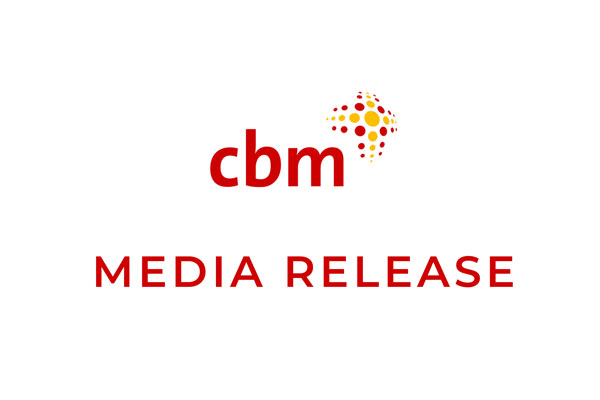Taking a stand against intersecting bias impacting older people with disabilities in development and humanitarian contexts
Media-release | February 11, 2025
A new policy report by The Fred Hollows Foundation and CBM Australia reveals that the intersection of ageism and ableism disadvantages older people with disabilities in development and humanitarian settings. The report exposes systemic gaps in policies and programs that render this population invisible, excluding them from essential services and support.
Dr Vânia de la Fuente-Núñez, who has been leading this work at The Fred Hollows Foundation, explained said: “Disability is normalised in older age as if it were an inevitable part of ageing. This misconception undermines efforts to remove the barriers to participation and access to services faced by older people with disabilities.
“This population group is consistently under-represented in decision-making processes. As a result, their unique needs are frequently overlooked in development and humanitarian programmes, including access to assistive technologies or specialised services for individuals with cognitive decline.”
CBM Australia Head of Policy and Advocacy Kerryn Clarke said gaps between ageing and disability programs and legal protections compound challenges faced by older people with disabilities. “For example, in some countries older people are forced to choose between old-age benefits and disability allowances, reducing their financial security.”
The report emphasises that policy changes are urgently needed, given rapidly ageing global populations and the increasing frequency of climate-related disasters.
By 2050, the number of people aged 60 years or older in the Indo-Pacific is projected to rise from 466 million in 2015 to 1.14 billion. This region is highly vulnerable to natural disasters, where older people with disabilities often face restricted access to healthcare services and heightened safety risks like theft. “For example, evacuation warnings tend to rely on visual or auditory cues, leaving older people with visual or hearing impairments unable to access this critical information”, Dr Vânia de la Fuente-Núñez said.
While there is research on ageing and disability separately, there is a glaring lack of effective practices addressing their intersection.
Recommendations for governments, Older People’s Associations (OPAs), Organisations of Persons with Disabilities (OPDs), and development and humanitarian sectors, include the development of:
- Inclusive policies, laws and advocacy efforts that address the intersecting impacts of ageism and ableism and ensure that the rights of older people with disabilities are respected. This includes the development of a new UN Convention on the Rights of Older Persons
- Targeted support programs like warning systems for people with sensory impairments and inclusive infrastructure
- Better collaboration between government agencies, NGOs, OPAs and OPDs and the private sector to ensure more effective and coherent policy responses
- Comprehensive education programs and training for humanitarian organisations, development agencies, NGOs and government departments to dispel stereotypes about older people with disabilities
- Research and data collection to better understand the experiences of older people with disabilities
- Mechanisms for the meaningful representation and inclusion of older people with disabilities in decision-making; and
- Opportunities for sharing of successful initiatives to encourage the adoption and adaptation of best practices to address this intersection on a global scale
This report is a call to action to create a more inclusive and equitable future for older people with disabilities. By addressing the intersecting biases of ageism and ableism, we can ensure no one is left behind in development and humanitarian policy and practice.
Media contacts:
Emma Hipango (CBM Australia), email: ehipango@cbm.org.au or 0424 908 506
Sean Brogan sbrogan@hollows.org or 0407 436 709 and Georgia Monoghan gmonaghan@hollows.org or 0468 364 205
https://www.cbm.org.au/media-release/taking-a-stand-against-intersecting-bias-impacting-older-people-with-disabilities-in-development-and-humanitarian-contexts
Related Stories

CBM Australia Welcomes the Australian-led Declaration for the Protection of Humanitarian Personnel
23 September 2025 – Over 100 countries have supported...

Welcome commitment to disability equity when disasters strike
CBM Australia and the Australian Disability and Development Consortium collectively welcome the Australian Government’s...

2024 Federal Budget: Small steps to deliver significant, sustainable change
CBM Australia and the Australian Disability and Development Consortium...
